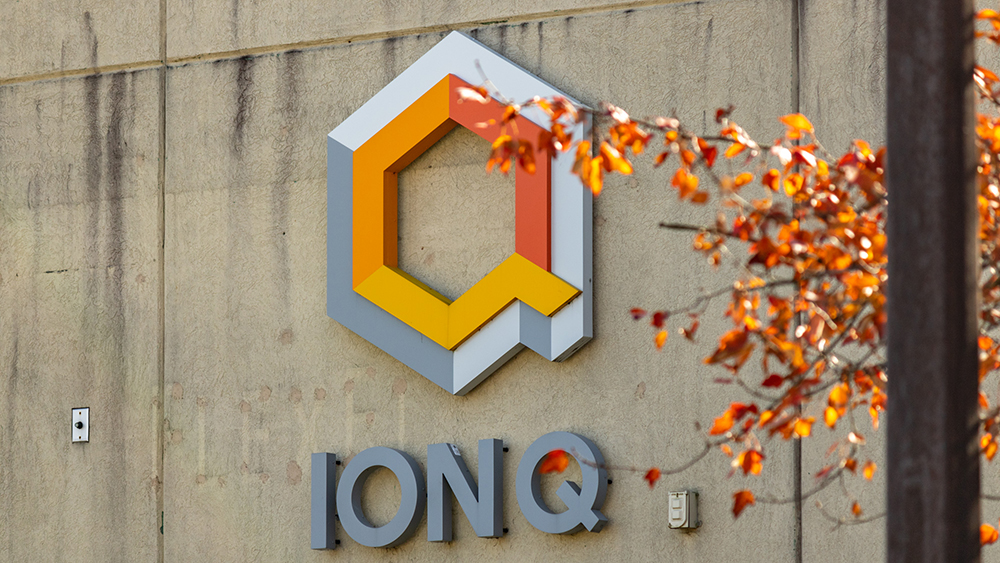Quantum leaders plan to expand the industry’s workforce and research after the University of Maryland and Gov. Wes Moore announced the “Capital of Quantum” initiative last month.
The initiative — a partnership between this university, the state and private and federal partners — will secure more than $1 billion in investments over the next five years to establish the state as a hub for quantum innovation.
Moore announced the partnership as part of his economic growth plan to spur public and private investments in quantum technology.
Quantum research is a multidisciplinary field that includes physics, information science and chemistry to help existing technology become more accurate and efficient, according to the Center for Strategic and International Studies, a policy research organization.
IonQ, a quantum computing company headquartered in College Park, played a major role in passing the initiative. The company, which employs 100 people in Maryland, revealed its first quantum computer in December.
[Maryland Gov. Wes Moore, UMD announce $1 billion quantum technology initiative]
The company plans to increase the workforce at its corporate headquarters to at least 250 employees over the next five years, IonQ’s chief financial officer Thomas Kramer wrote in a statement to The Diamondback. IonQ also plans to develop a new data center in College Park, according to Kramer.
“Quantum computing is no longer just a theoretical concept — it is rapidly becoming an industry, and College Park is at the heart of it,” Kramer wrote.
The partnership comes after this university spent decades supporting quantum-related research.
This university hopes to continue working with IonQ as well as government and corporate partners to grow the economy in quantum innovation, university president Darryll Pines told The Diamondback on Jan. 31.
Ventures into quantum are not unique to this university, said Piotr Kulczakowicz, director of this university’s Quantum Startup Foundry — an organization that supports quantum startups and helps foreign startups set up business in the U.S.
Kulczakowicz said he expects the initiative to grow his team and attract more startups to Maryland.
Franz Klein, founding director of this university’s National Quantum Laboratory at Maryland — known as QLab — told The Diamondback the initiative has potential for the research and development of quantum products. The lab supports this university’s quantum initiatives.
[Maryland could face up to $1.5 billion in additional budget cuts]
The partnership’s investment may support research into fields such as quantum sensing technology, which has been used in medical equipment such as MRIs, Klein said.
But Klein has concerns about the complexity of all the actors involved, including companies, researchers and the government, which could make progress on research difficult.
“Typically, the larger the company is, the more bureaucracy you have,” Klein said. “So the longer it takes to get anything done or changed.”
Runzhou Tao, an assistant quantum computing professor at this university, told The Diamondback that the rise of artificial intelligence may raise questions about AI’s influence on the quantum industry. But the two should not be considered competitors, he said.
“Quantum can help AI and AI can help quantum,” he said.
AI focuses on how a computer can complete complex tasks more intelligently, while quantum computing explores the speed at which a computer can complete certain tasks, Tao explained.
Despite these concerns, Tao and other quantum leaders hope for more interest in quantum research at this university.
“It’s our mission to … democratize quantum, or make it more accessible,” Tao said.



